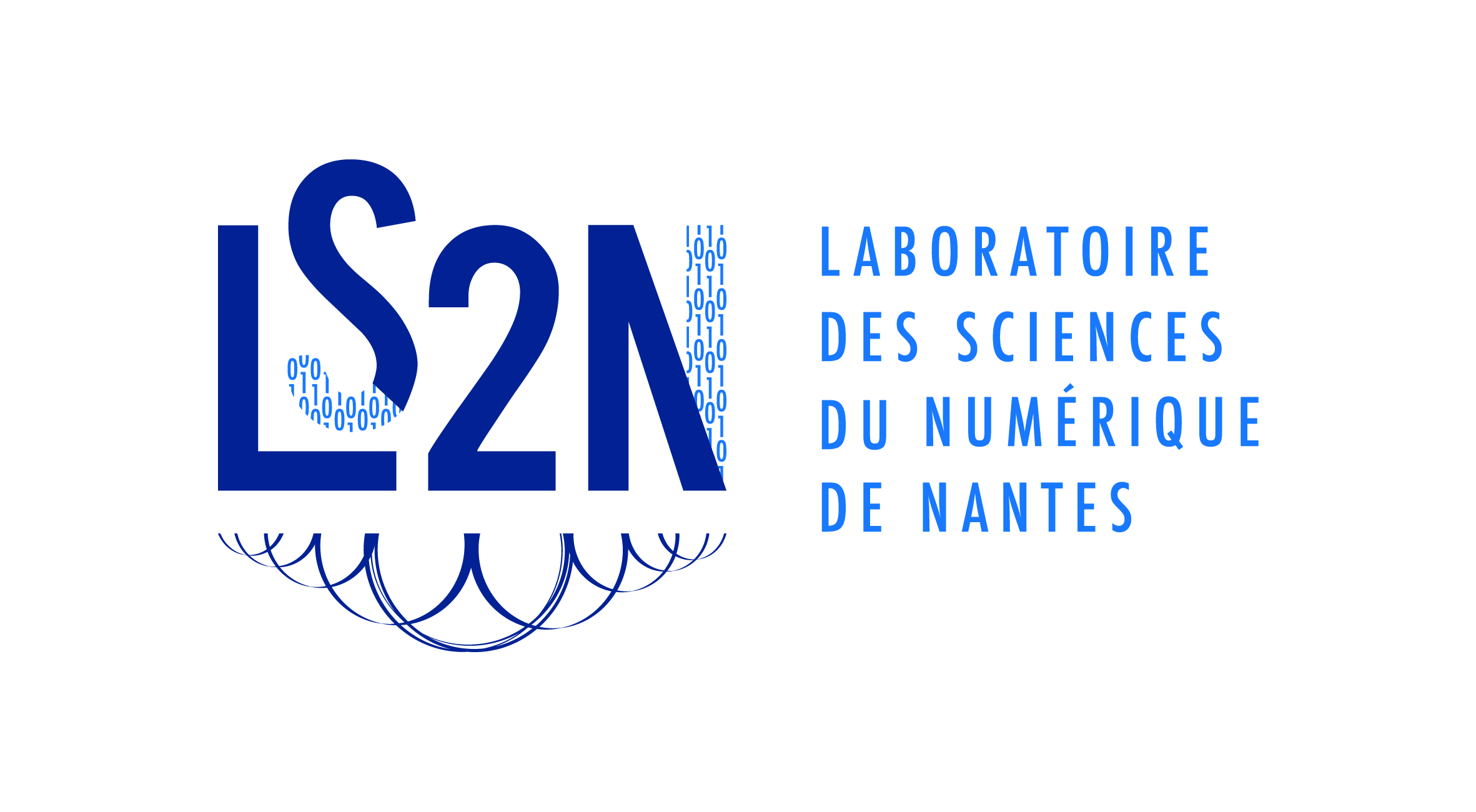
- Cet évènement est passé.
Journée PreGdR TAL 2019 à Grenoble
24 octobre 2019 @ 9 h 00 min - 16 h 30 min
Cette journée a présenté les travaux des axes de réflexion sur le multilinguisme, la multi-modalité et l’intermodalité, les productions langagières, l’accès à l’information et la recherche d’informations. Trois sessions ont été programmées où ont d’abord été présentés un état des lieux puis des perspectives introduites aux travers d’exposés scientifiques d’invités. Nous avons intercalé entre ces sessions des points d’avancement sur le GT Apprentissage et modèles pour le TAL et pour l’action Ressources. À la suite des ces sessions, un temps a été réservé à l’organisation de la réflexion au sein de ces groupes de travail.
La journée était ouverte à tous avec inscription obligatoire. La journée a réuni 75 participants.
Des bourses ont été accordées pour prendre en charge les frais de transports et la nuitée des doctorants des laboratoires du CNRS qui en avait fait la demande, à concurrence d’une bourse par équipe du preGDR TAL (aller-retour en train 2nde classe).
Des bourses ont été accordées pour prendre en charge les frais de transports et la nuitée des doctorants des laboratoires du CNRS qui en avait fait la demande, à concurrence d’une bourse par équipe du preGDR TAL (aller-retour en train 2nde classe).
Programme
9h café et accueil
9h15-9h30 Axe apprentissage et modèles pour le TAL
Alexandre Allauzen (LIMSI), Frédéric Béchet (LIS) Présentation
9h30-10h30 Axe multimodalité
Présentation du travail de l’axe (30mn, responsables d’axe Damien Lolive (IRISA), Pascale Sébillot (IRISA), Benoit Fabre (LIS))
Conférence Invitée (45mn) : Thierry Chaminade (INT) Photo
Using an robotic agent to investigate the neural bases of natural conversation
The new frontier of social cognitive neuroscience is to investigate the neural and cognitive mechanisms involved in human social interactions through truly interactive and engaging paradigms . The rise of humanoid robotics provides unique opportunities to combine experimental control and ecological validity of the interaction. A recent step forward was the development of a truly interactive scenario supporting a natural conversation. Participants were scanned with fMRI while they were discussing naturally either with a confederate of the experimenter or with a robotic conversational head. Unbeknownst to them, the robotic device was controlled by the confederate using a Wizard of Oz procedure: participants always interacted with the same individual, but believed they were interacting with an autonomous agent. Results showed that areas involved in mentalizing (TPJ) and social motivation (hypothalamus) were significantly more activated in human-human than in human-robot interactions, suggesting that participants adopted a different stance, including a reduced social motivation, when interacting with the artificial agent. Ongoing work focuses on the analysis of time series describing various aspects of behaviors, including transcription of the verbal interaction and direction of gaze towards the interacting agent, in order to describe the temporal dynamics of the neural networks involved in natural conversation, and their modulation by the social context. Results should shed lights on various dimensions of social cognition, in particular dissociating automatic processes from those influenced by the social context.
10h30-10h45 Pause
10h45-12h00 Axe fouille & RI
Présentation du travail de l’axe (30mn, responsables d’axe Jean-Pierre Chevallet (LIG) et Thierry Charnois (LIPN))
Conférence Invitée (45mn) : Benjamin Piwowarski (LIP6) Photo
Training Deep Neural Network Models for Unsupervised Information Extraction
Im my talk, I will present recent works on unsupervised information extraction, which aims at extracting relations between entities in text. Previous unsupervised approaches are either generative or discriminative. In a supervised setting, discriminative approaches, such as deep neural network classifiers, have demonstrated substantial improvement. These models are, however, hard to train without supervision with current methodologies. To overcome this limitation, new and more robust losses can be designed that improve the performance of discriminative-based models, and enables to train deep neural networks satisfactorily. We show how this methodology allows us to surpass current state of the art unsupervised models.
12h00-13h30 Repas
13h45-14h Action ressource
Gilles Ada (LIMSI) présentation du questionnaire sur les ressources
13h45-14h45 Axe multilinguisme
Présentation du travail de l’axe (30mn, responsables d’axe François Yvon (LIMSI)et Laurent Besacier (LIG))
Conférence Invitée (45mn ) : Matthias Gallé, responsable du groupe NLP chez Naver Labes Europe (https://europe.naverlabs.com/research/natural-language-processing/)
Making User-Generated Reviews Useful
There is tons of text on the web in the form of user-generated reviews. You have this feeling that somewhere there is the information you probably want to know before buying that new loudspeaker or going to that Cambodian restaurant. However, this information might be inaccessible because it is expressed in a different language, because it is hidden under hundreds other reviews or because there is just too many of them to go read them all. In this presentation I will present what we do at Naver Labs Europe in order to render user-generated reviews more accessible and actionable. This includes the challenges of translating, extracting fine-grained information and summarizing reviews. From a research perspective the main challenge is how to render machine-learnt models less brittle by making them robuster to domain shifts and fine-tune them with small training examples.
14h45-16h00 Travail en 3 sous-groupes (par axes)
16h-16h30 Restitution pour chaque axe (10mn chacun)
16h30 Fin

